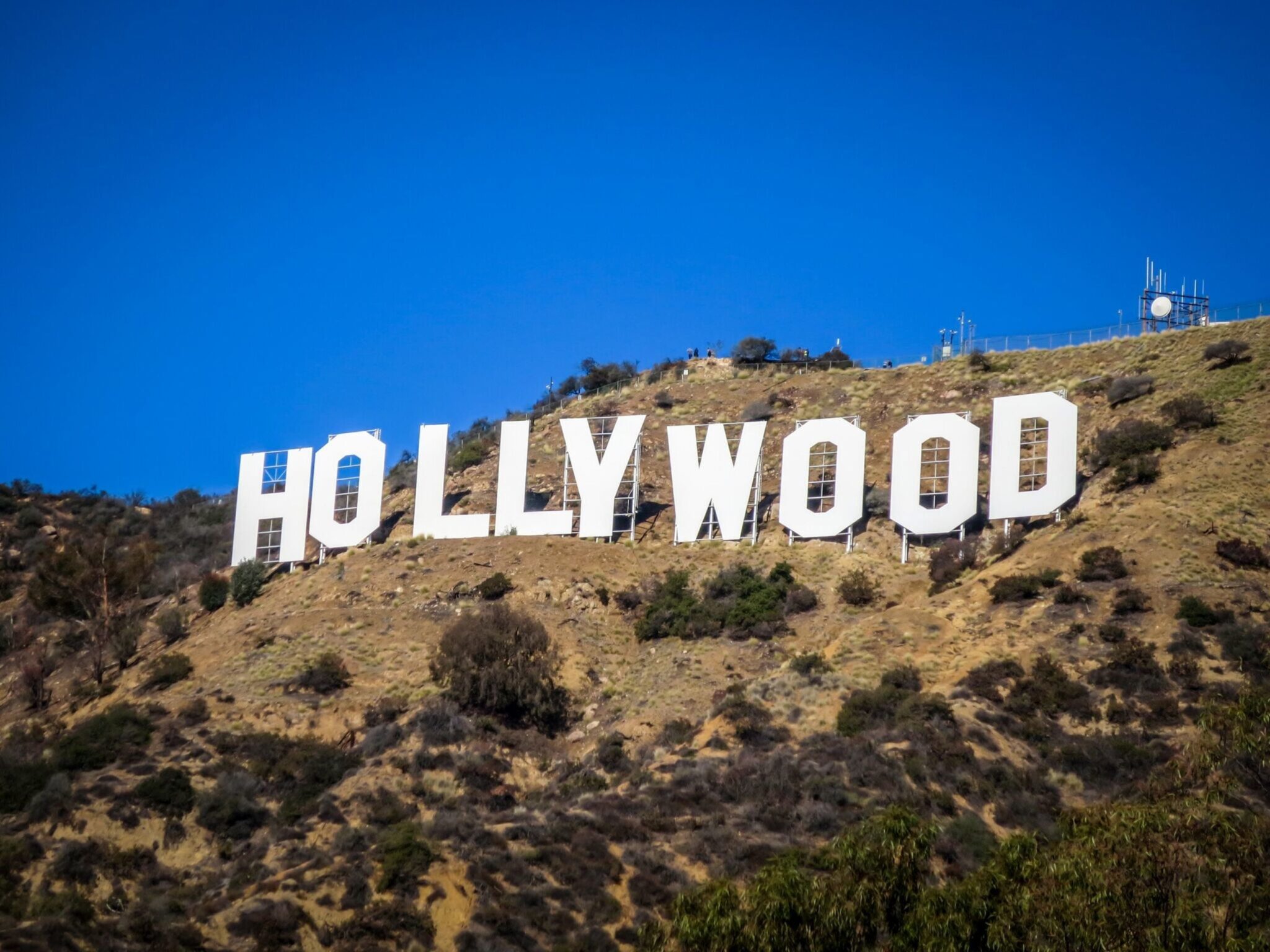
Morgan Sperry is a student at Harvard Law School and also serves as OnLabor's Social Media Director.
In today’s News and Commentary, the WGA strike enters its second week, an NLRB judge has painted the Blue Man Group as labor law violators, and the Teamsters are taking on Amazon.
The Writers Guild of America (WGA) enters the second week of its first strike in 15 years today. As Maddie, Peter, and Iman covered last week, the WGA’s 11,500 writers are striking for control over whether (and, if so, how) AI is used to write material, restructuring of compensation contracts, job security, and access to set. The striking writers are particularly focused upon streaming’s impact on writer pay, and have emphasized that global streaming services have deprived them of residual payments, which writers in eras past earned when a show was licensed into syndication or through DVD sales. At the moment, there are no negotiations scheduled between the WGA and the Alliance of Motion Picture and Television Producers (AMPTP), which bargains on behalf of studios. That being said, the WGA strikers are winning in the court of public opinion: solidarity has blanketed social media with the help of amplification by star strike participants and allies. Meanwhile, the studios will begin contract renewal negotiations with the Directors Guild of America (DGA)—whose contract expires on June 30—on Wednesday, despite the DGA’s apparent original commitment not to negotiate with the AMPTP before the WGA does.
Stars’ outpouring of support for the WGA strike stands in stark contrast with another showbiz-related labor dispute that came to a resolution last week: An NLRB judge has found that the Blue Man Group’s New York City “Blue School” violated the NLRA by refusing to recognize its employees’ union.
Finally, the Teamsters have filed an unfair labor practice complaint against Amazon in a case that will test the joint employer doctrine. At the end of April, delivery service workers at Battle-Tested Strategies (BTS) in Palmdale, California—an Amazon subcontractor—ratified a union contract with Teamsters Local 396 and BTS. In response, Amazon has retaliated against the workers and BTS. BTS owner Johnathon Ervin claims that Amazon has punished him for supporting the workers’ union drive, and that in so doing Amazon has clearly established itself as a joint (or maybe even single) employer of the drivers. Ervin noted that Amazon retains “complete control over Amazon systems and hiring and firing of drivers. But what we see now are retaliatory tactics like the grounding of our vehicles, calling security, those types of things.” The National Labor Relations Board (NLRB) will now confront the complaint.






Daily News & Commentary
Start your day with our roundup of the latest labor developments. See all
January 19
Department of Education pauses wage garnishment; Valero Energy announces layoffs; Labor Department wins back wages for healthcare workers.
January 18
Met Museum workers unionize; a new report reveals a $0.76 average tip for gig workers in NYC; and U.S. workers receive the smallest share of capital since 1947.
January 16
The NLRB publishes its first decision since regaining a quorum; Minneapolis labor unions call for a general strike in response to the ICE killing of Renee Good; federal workers rally in DC to show support for the Protecting America’s Workforce Act.
January 15
New investigation into the Secretary of Labor; New Jersey bill to protect child content creators; NIOSH reinstates hundreds of employees.
January 14
The Supreme Court will not review its opt-in test in ADEA cases in an age discrimination and federal wage law violation case; the Fifth Circuit rules that a jury will determine whether Enterprise Products unfairly terminated a Black truck driver; and an employee at Berry Global Inc. will receive a trial after being fired for requesting medical leave for a disability-related injury.
January 13
15,000 New York City nurses go on strike; First Circuit rules against ferry employees challenging a COVID-19 vaccine mandate; New York lawmakers propose amendments to Trapped at Work Act.